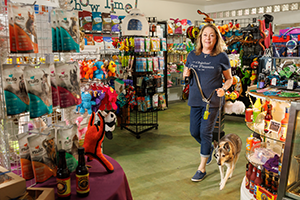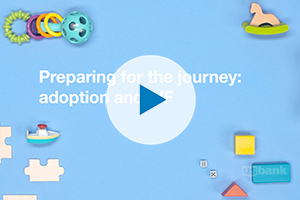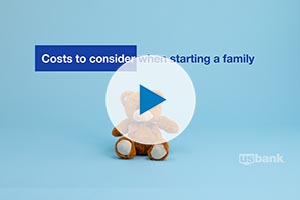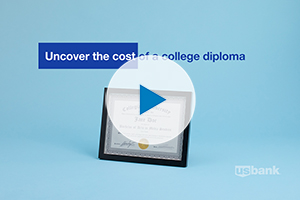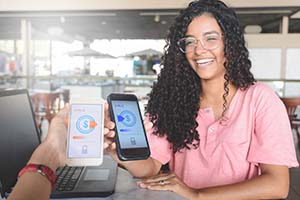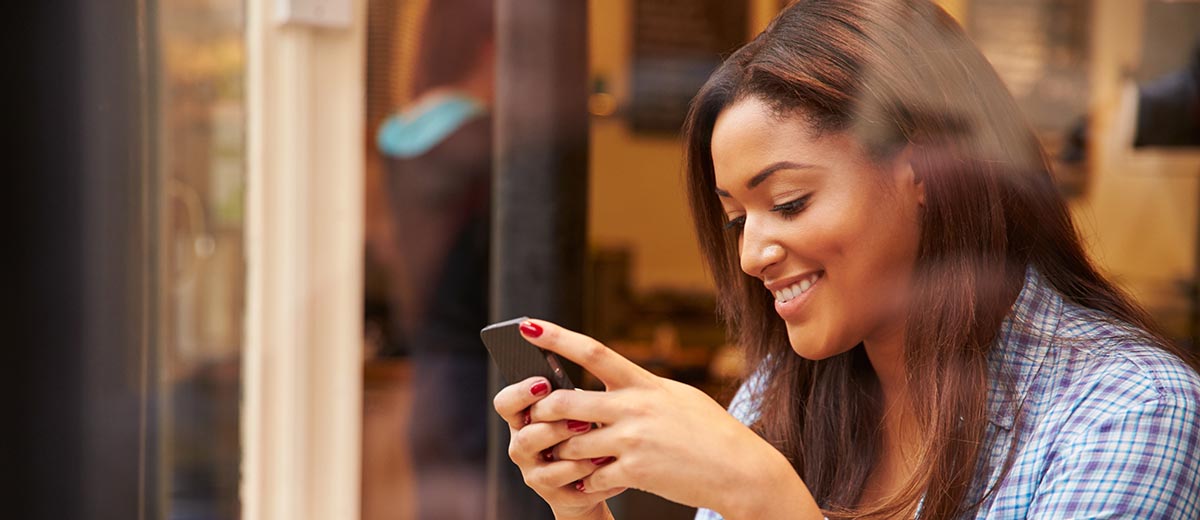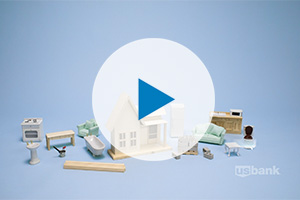During the pandemic, scrolling and splurging became a source of comfort for many. Here’s how to recognize if your shopping sprees are problematic, and advice on how to rein in spending.
Jenny H., 35, recognized she had a serious online shopping problem when she bought a $3,000 Louis Vuitton bag, even though she had $80,000 in debt, with balances on 32 credit cards.
“I looked around my house and thought, ‘do I even use any of this stuff I buy?’” she says. She tried to cut back on her shopping but continued to struggle.
Then, the pandemic arrived. Jenny, who works as a waitress in Maui, Hawaii, was temporarily laid off. It was the first time she had been without work since graduating from college. The lack of structure led to an identity crisis—as well as even more time to shop online. She was scrolling through sites all day and receiving packages four times a week.
The deliveries added an element of excitement to a life otherwise constrained by many restrictions. “It was like getting presents every day,” she says. “Also, it was nice to get mail that wasn't bills.”
For many people, any existing online shopping issues worsened during the pandemic. Seven in ten Americans said they did more online shopping than before the coronavirus crisis. And more than half of adults in America with credit card debt—roughly 51 million people—increased their debt.
“A lot of people got addicted to ordering things, and having the packages arriving,” says Jillian Tucker, a psychotherapist and addiction expert based in New York. “It gave them a sense that they’re not alone.”
In fact, two in five Americans say online shopping makes it harder for them to stick to their monthly budgets, yet more than half also say those purchases make them feel good.
Signs of Trouble
Any sort of addiction, including a shopping addiction, is ultimately a coping mechanism, says Tucker. When someone feels overwhelmed with aspects of life, they try to gain back control where they can— in some cases by choosing what to order online.
If you suspect you have a problem, Annie Wright, a licensed family and marriage therapist based in Berkeley, Calif., suggests cutting out online shopping for a few days, or even a week, and gauging how you feel.
“If you feel deeply uncomfortable when you abstain, if you find you're barely able to refrain or if you ‘give in’ despite trying to do otherwise, these may be signals that you don't just have a shopping habit or preference, but rather that your shopping is taking on a compulsive, addictive quality,” she says.
Other warning signs include acquiring debt you can’t pay off and buying so many things you can’t comfortably live in your home. Another red flag: if your shopping habit negatively affects your relationships with loved ones.
How to rein it in
If cutting out online shopping feels unbearable, the next step is to identify what you like about it, says Tucker. Does it give you a socially acceptable moment alone? Do you look forward to packages arriving because it breaks up your day? Do you like posting a new outfit on Instagram and then receiving praise?
For some people, Tucker notes, a shopping addiction offers a distraction from other emotional problems.
Once you identify why online shopping is pleasurable, try to replicate that feeling in healthy ways. If you get great pleasure when browsing for items, add them to your shopping cart, but don’t buy them. If you get a thrill from packages arriving at your door, offer to exchange letters or postcards with friends.
At the same time, consider disabling one-click pay services so you can’t buy things with a simple push of a button. And if Instagram scrolling typically leads to buying, then delete the app from your phone.
Call in support
You don’t have to tackle any shopping issues alone. Friends, family or even a therapist can help.
Jenny’s close childhood friend helped her to get back on track. The friend got access to all of Jenny’s bank accounts and carefully tracked whatever Jenny bought. The duo talked candidly about Jenny’s shopping and created a plan to close all but seven of Jenny’s credit card accounts.
When the CARES Act waived all penalties on withdrawing money prematurely from 401(k)s until the end of 2020, Jenny used her retirement savings to pay off her debt. At the time, she was paying interest rates as high as 29.99% on her credit cards. Currently, she has no outstanding credit card debt and is in control of her finances.
What did the friend get in return? Jenny gifted her the Louis Vuitton bag she had bought on her Walmart card. “She’s frugal,” Jenny says of her friend, who was an ideal accountability partner. “She’d never buy something like that for herself.”
Want to learn more about how to stop mindless spending? Here are some easy-to-implement tips from people who’ve discovered how to spend with thought and purpose.
Take our financial fitness quiz to get a feel for what you’re doing well and what needs shoring up when it comes to money management.











